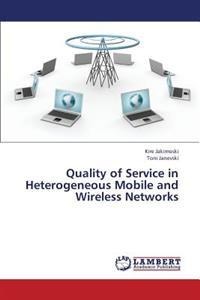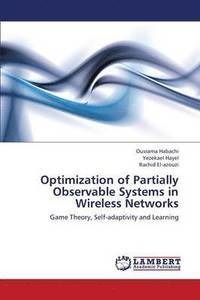
Liknande böcker
Effect of Qos Mechanisms on Power-Constrained Wireless Mesh Networks
Bok av Oki Olukayode
Wireless Mesh Network (WMN) is a collection of wireless nodes which can dynamically communicate with one another in multi-hop manner. WMN has received considerable attention as a means to connectivity in community and commercial entities. The easy deployment and self-management characteristics of WMN, makes it a good choice for rural areas. However, in most developing countries, electricity is scarce or unreliable in the rural areas. A candidate solution to the lack of electricity supply in these areas is the use of solar/battery-powered nodes. Significant efforts have gone into optimization of QoS provisioning in WMN; hence, a lot of QoS mechanisms on OSI layer have been proposed. It is, however, not clear how different QoS mechanisms on OSI layer affect the node lifetime and the energy cost per bit. Different protocols at different layers have varying effects on the energy efficiency of the battery-powered WMN nodes, when those protocols are subjected to various transmission power levels and payload sizes. The goal of this study is to evaluate how different existing QoS mechanisms affect the operational lifetime of battery-powered WMN nodes.







